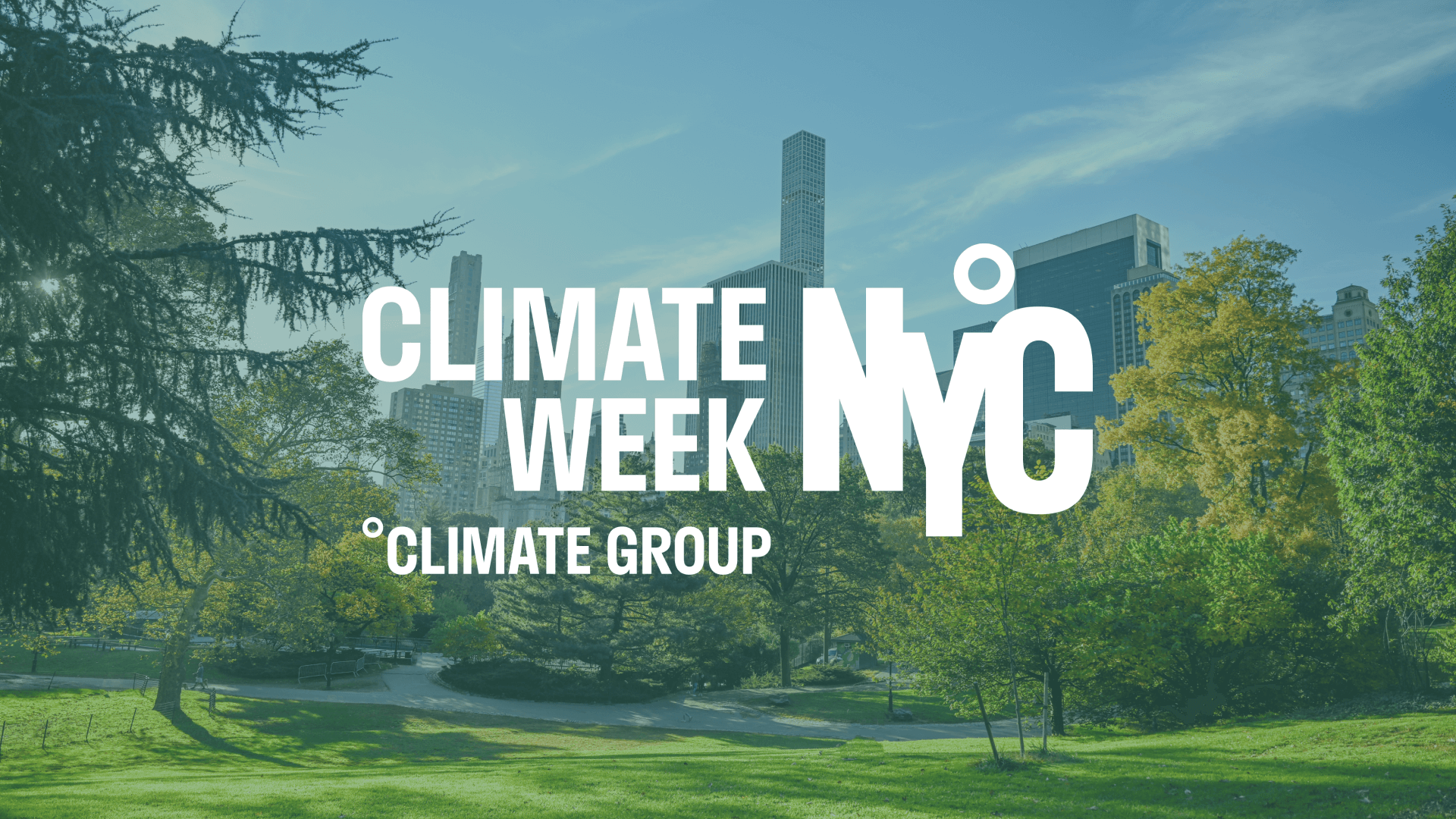
If the term "stocktake" conjures up images of store clerks with clipboards perusing backroom shelves, then you may not have read Article 14 of the Paris Agreement lately. It outlines an obligation, known as the Global Stocktake, for countries to assess progress toward the purpose and goals of the agreement every five years, with the first report due in 2023. In addition to assessing progress, the Global Stocktake will shape the next round of nationally determined contributions (NDCs) that are due by 2025.
We already know that the gap between what countries have promised and the action that needs to be taken to limit dangerous climate change is large, so it seems logical to assume that between now and 2023 countries will be doing the equivalent of a long hard look in the mirror after a late night out. If improvements to the NDCs due by 2025 are to be informed by this assessment, then we would expect the rapid and forceful application of soap and hair gel.
While its 2023 deadline may seem far off, Global Stocktake planning is already underway, and it is far from simple. What is to be included is subject to negotiations that should be finalized at COP24. By the nature of the mandate and process, some aspects may fall outside the scope of the effort. In other cases, there is a lack of available data and analysis. For example, commitments are made nationally, but the Global Stocktake is a collective exercise. With 195 countries signed on to the Paris Agreement, the Stocktake might only paint a broad-brush image of what is happening to curb climate change, reducing its usefulness to countries hoping to take action based on its results.
For the Paris Agreement to succeed, the Global Stocktake has to succeed as well.
Further, assessments of adaptation, financial flows, loss and damage, and equity do not have as well-established methodologies as those related directly to mitigation, and this is a potential blind spot for the Global Stocktake.
Despite these issues, one thing is certain: For the Paris Agreement to succeed, the Global Stocktake has to succeed as well. These high stakes and the inherent complexities of international climate policy demand transparency, and engagement from civil society.
Accuracy, transparency, and inclusiveness are essential
This is where the Independent Global Stocktake (iGST) comes in. A growing collaboration between the ClimateWorks Foundation, the World Resources Institute, the University of Maryland, IDDRI, Climate Action Network, Wuppertal Institute, and a host of other analysts and advocates, iGST is a new platform that will organize and amplify inputs to the Global Stocktake process, helping Parties make the most of the opportunity.
The goals of the iGST are first to ensure that the Global Stocktake is usable by individual countries as an input to their decision-making on NDC improvements, and second, to bolster those areas that are difficult to assess and will need additional inputs to capture. In the first instance, the iGST will provide information that helps break down the implications of a global assessment for particular countries and regions, and will work with interested Parties to uncover how lessons learned can be acted upon. In the second, the iGST will tackle issues like enhancing the methodology behind assessing progress on adaptation; aggregating and characterizing shifts in financial flows; and understanding how to include equity in a system built on bottom-up commitments that need to reach ambitious collective goals.
ClimateWorks is launching the iGST at a joint side event with Wuppertal Institute at COP24 in Katowice on December 11. Over the coming few months we will support finalization of the Global Stocktake’s modalities, while looking to the UN Secretary General’s climate summit in September 2019 as a first opportunity to have Parties show their hands. At that point, we should have a strong sense of what kind of ambition Parties have for the Global Stocktake and its influence on future NDCs, and how they intend to incorporate the full set of goals of the Paris agreement. Drop us a line if you want to follow along. We’ll provide the clipboard.

